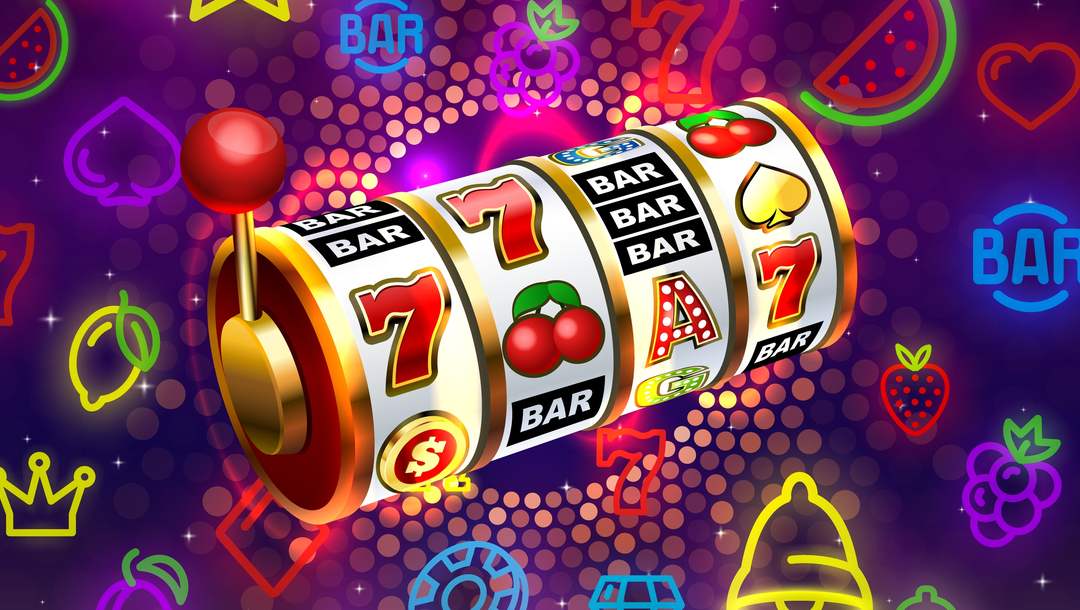
When you think of a casino, the first image that comes to mind is probably a room filled with rows of slot machines. While other casino games like poker, blackjack and craps have their dedicated fans, slots remain the most popular form of gambling around the world. However, many people have misconceptions about how these games work. This article will help you to clear up any confusion you may have about how slots are programmed to function.
A slot machine is a machine that pays out credits based on the winning combinations of symbols on its reels. The symbols vary depending on the game, but classics include fruits, bells and stylized lucky sevens. The slot game’s theme also influences the payout schedule and bonus features. A player inserts cash or, in “ticket-in, ticket-out” machines, a paper ticket with a barcode into a slot’s designated slot or slot window, then activates the machine by pressing a button (either physical or on a computer screen). The reels spin and, when a winning combination is created, the machine displays its paytable and awards the player credits according to that schedule.
Most modern slot machines use a random number generator to determine the outcome of each spin. Unlike the old mechanical slot machines, which used actual reels with symbols, modern machines have virtual reels that are housed inside the machine’s computer chip. Each symbol is represented by a spot on the virtual reel, and each slot has an equal chance of being hit on any given spin. However, the chances of hitting a particular symbol on the reel are increased by weighting.
Weighting is a process by which gaming manufacturers adjust the odds of a slot machine to increase the likelihood that they will pay out a jackpot. This is accomplished by placing more high-paying symbols on the reels, and decreasing the numbers of blank spaces or lower-paying symbols. This is done to ensure that a high-paying jackpot will be awarded occasionally, and to reduce the frequency of small wins.
One of the biggest mistakes that slot players make is thinking that a machine will go cold after a big payout. This is not true, and it is a misconception that has caused many people to lose money on the slots. Another mistake that players make is betting more than they can afford to lose on a single spin. This can easily become a problem, so it is important to set limits for yourself before you play.
While learning about the mechanics of slot can be fun, it’s important to keep in mind that gambling is a dangerous activity and should not be treated lightly. It is easy to get greedy or bet more than you can afford to lose, which can ruin your whole gambling experience. By understanding the terminology on this page and knowing your limits, you can enjoy this fast-paced and exhilarating game without any problems. Good luck!